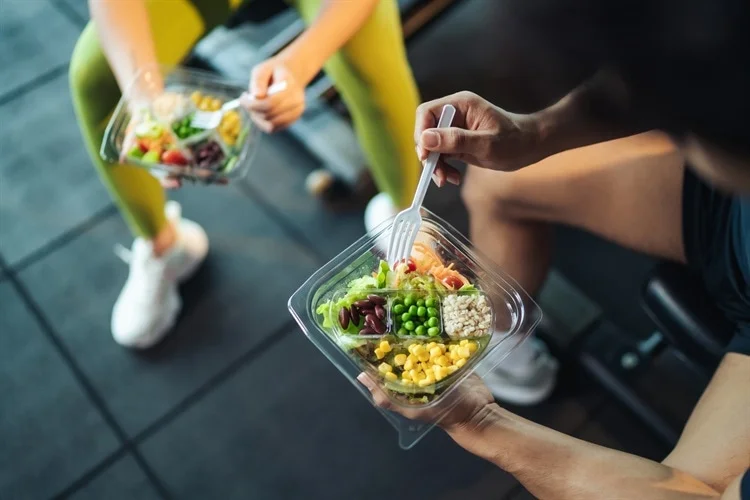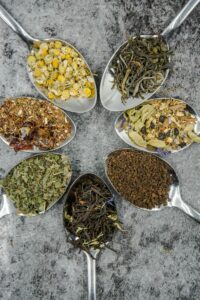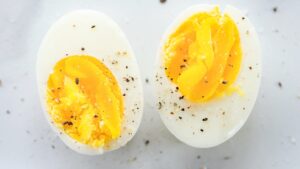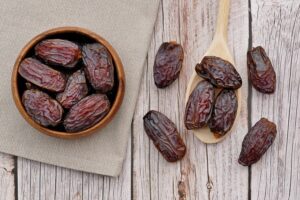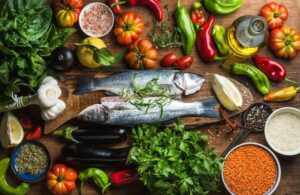Even though a vegan diet may be appropriate at all stages of life, there are some things to keep in mind when creating a balanced plant-based diet for athletes, especially in bodybuilding, where muscle growth is prioritized while aesthetics are judged. Many athletes compete at a high level without consuming animal products. Due to their high fiber content and low calorie density, plant-based diets can lower hunger and provide early satiation.
When an athlete’s energy balance needs to be managed, this can be problematic but can be helpful when trying to reduce weight. Vegan athletes should pay attention to the type and amount of proteins they consume because plant-based proteins are frequently insufficient because they contain less essential amino acids (EAAs) than animal proteins.
As a result of anti-nutritional elements that restrict nutrient absorption, plant-based proteins may also be less digestible than animal-based proteins. Cooking, soaking, fermentation, germination, and other straightforward domestic preparation techniques can assist to lessen antinutritional components and increase protein bioavailability.
An appropriately planned vegan diet can provide an athlete’s protein needs using solely whole foods, although it may not be ideal for promoting muscle gain. In competition bodybuilding, participants are judged based on their conditioning, muscular size, and proportions. Intense resistance training and dietary changes are made by athletes to improve muscle growth and decrease body fat. Their competitive cycle phase, which includes the muscle-gaining phase or “bulking,” and contest, determines the different nutritional approaches.
” Bulking phase involves an increase in muscle mass without an increase in body fat with a protein requirement of 1.6 to 2.2 g/kg of body mass. The cutting phase involves a reduction of body fat and maintenance of muscle mass that is gained during the bulking phase. Additionally, during this phase, most bodybuilders follow a high protein calorie-restricted diet, isometric “posing practice,” and aerobic exercise along with resistance training.
